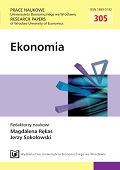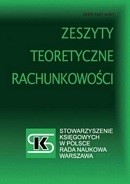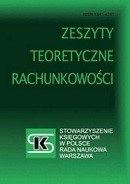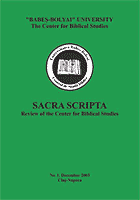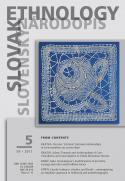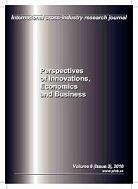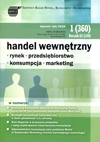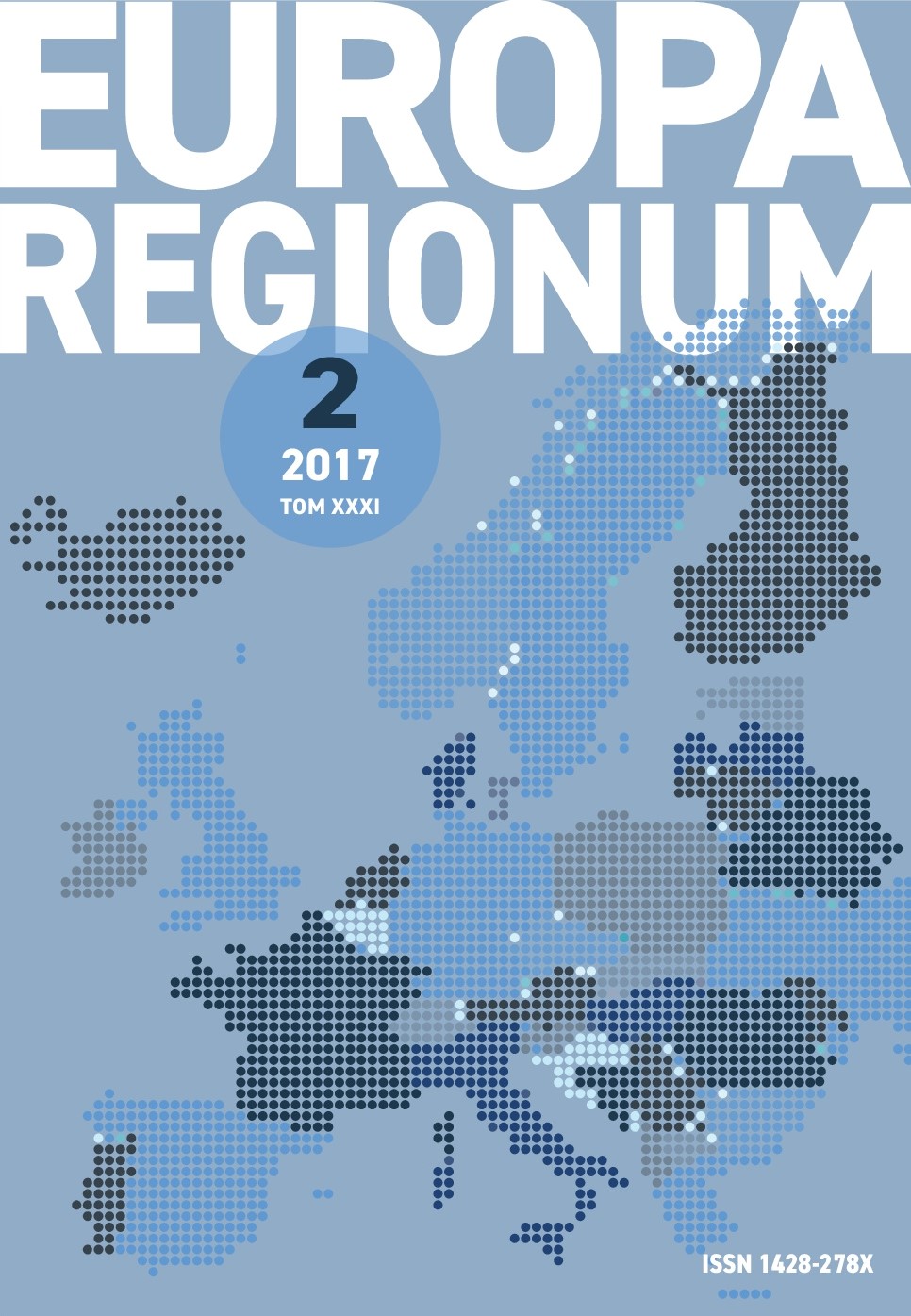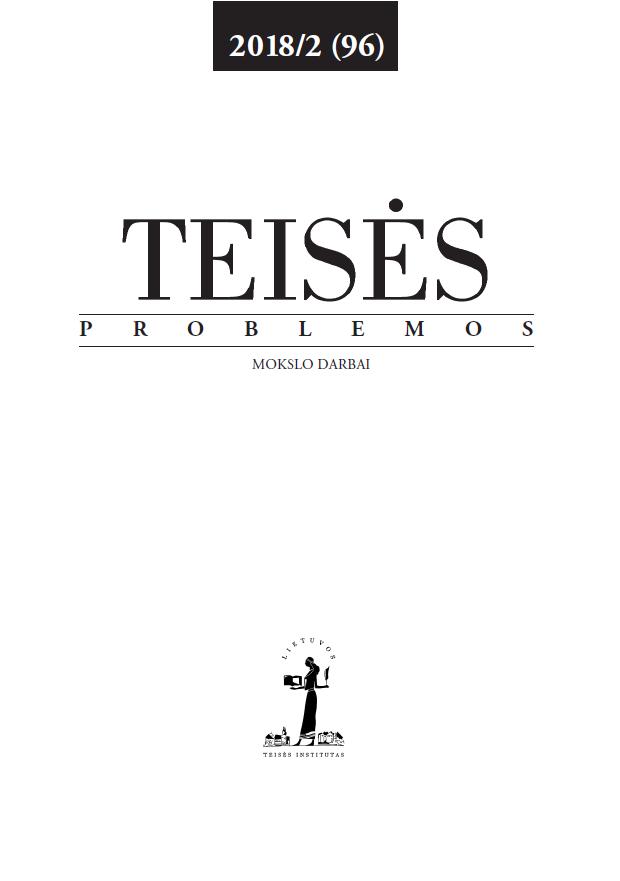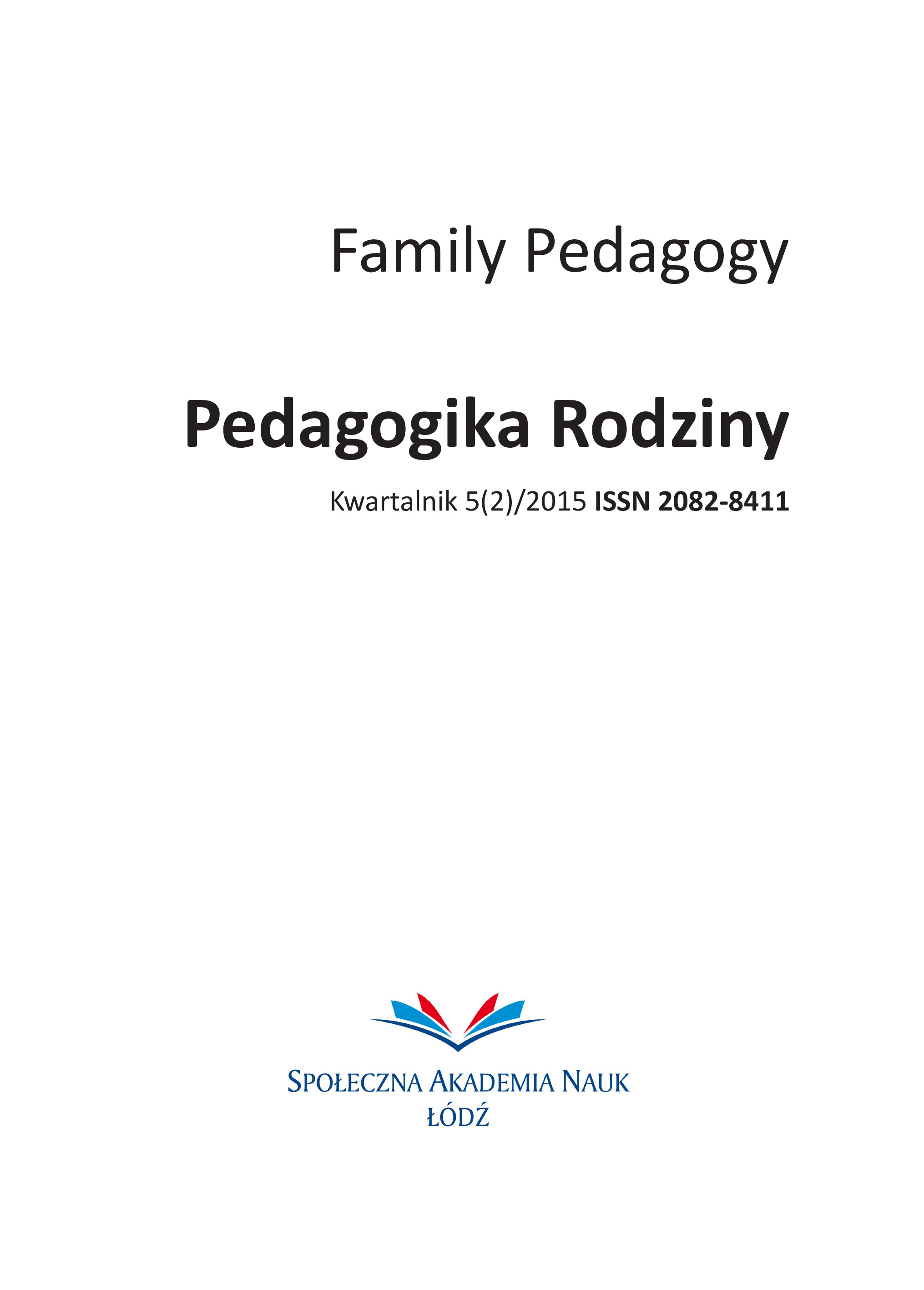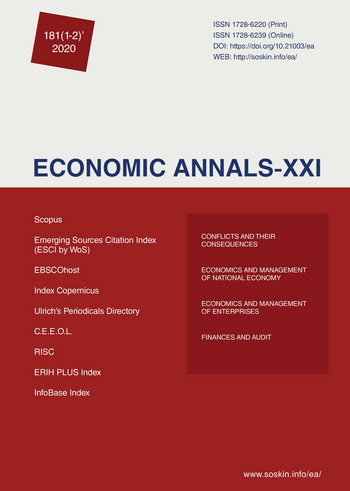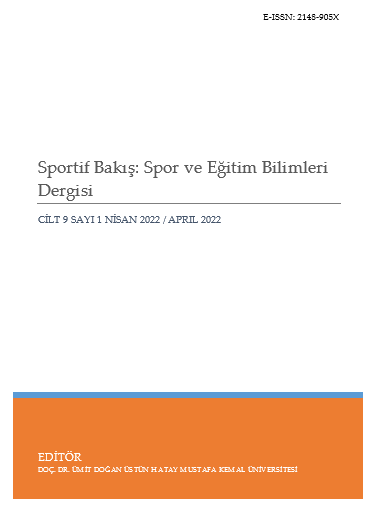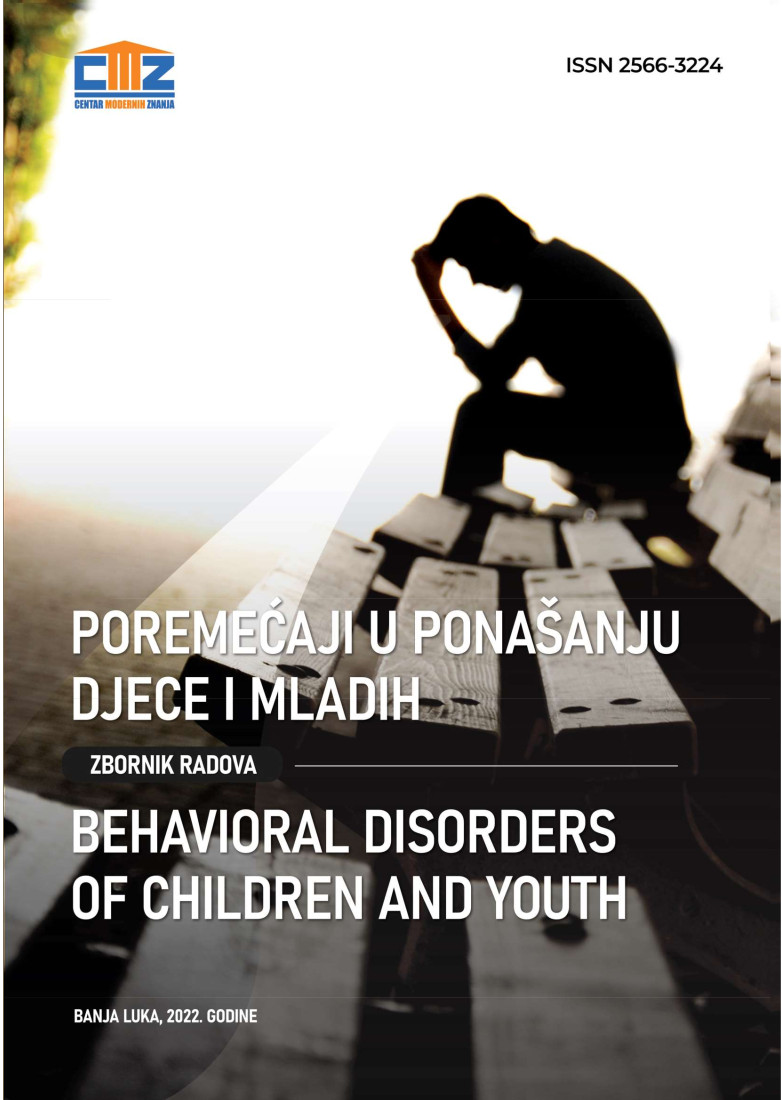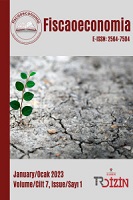Revenue management of changes in foreign exchange rates - case study of production companies with foreign participation in the Czech Republic
Author(s): Jana Hinke,Marián Vdoviak,Tomáš Pilař,Andrea Čermáková / Language(s): English
/ Issue: 01+02/2020
Keywords: Foreign Currency; Exchange Differences; International Financial Reporting Standards IAS/IFRS; Functional Currency; Presentation/Reporting Currency; Production Company; Assembly Plant;
The issue of choice of currency in the financial accounting of companies is a very current topic, as it is quite common for almost every trading company to have relationships or trade with foreign countries. For this reason, foreign currency transactions appear in the accounting. However, if individual accounting entities trade with foreign countries in larger volumes, there may be huge exchange rate differences that distort the financial results of enterprises. An example of this is the so-called assembly plants on the territory of the Czech Republic, which are required to keep accounting records in the Czech currency according to the Act on Accounting (1991). Nevertheless, they purchase most materials abroad, and final products are also exported abroad. The purpose of the paper is to compare approaches to the choice of currencies within two accounting systems - the IAS/IFRS and the Czech accounting system. Also, the paper is aimed at presenting the results of the research with a task to quantify the impact of the use of the functional currency (according to the IAS/IFRS) with regard to the differences in the exchange rate and the amount of gains/losses by using a selected segment in the Czech Republic as an example, namely: 122 production companies of foreign origin operating in the Czech Republic, specifically in Pilsen Region, with the largest representation of those from Germany (61 plants), Japan (19 plants), France (17 plants), Slovakia (9 plants), the USA (4 plants), the UK (4), Liechtenstein (2 plants), Luxembourg (2 plants), Belgium (2 plants), and Spain (2 plants). The research has shown that the volume of transactions that affect exchange rate differences decreases by 69.84% on average if the functional currency is introduced compared to keeping accounts in the Czech crowns. Further, it has been determined that exchange rate differences fall by a similar percentage.
More...
